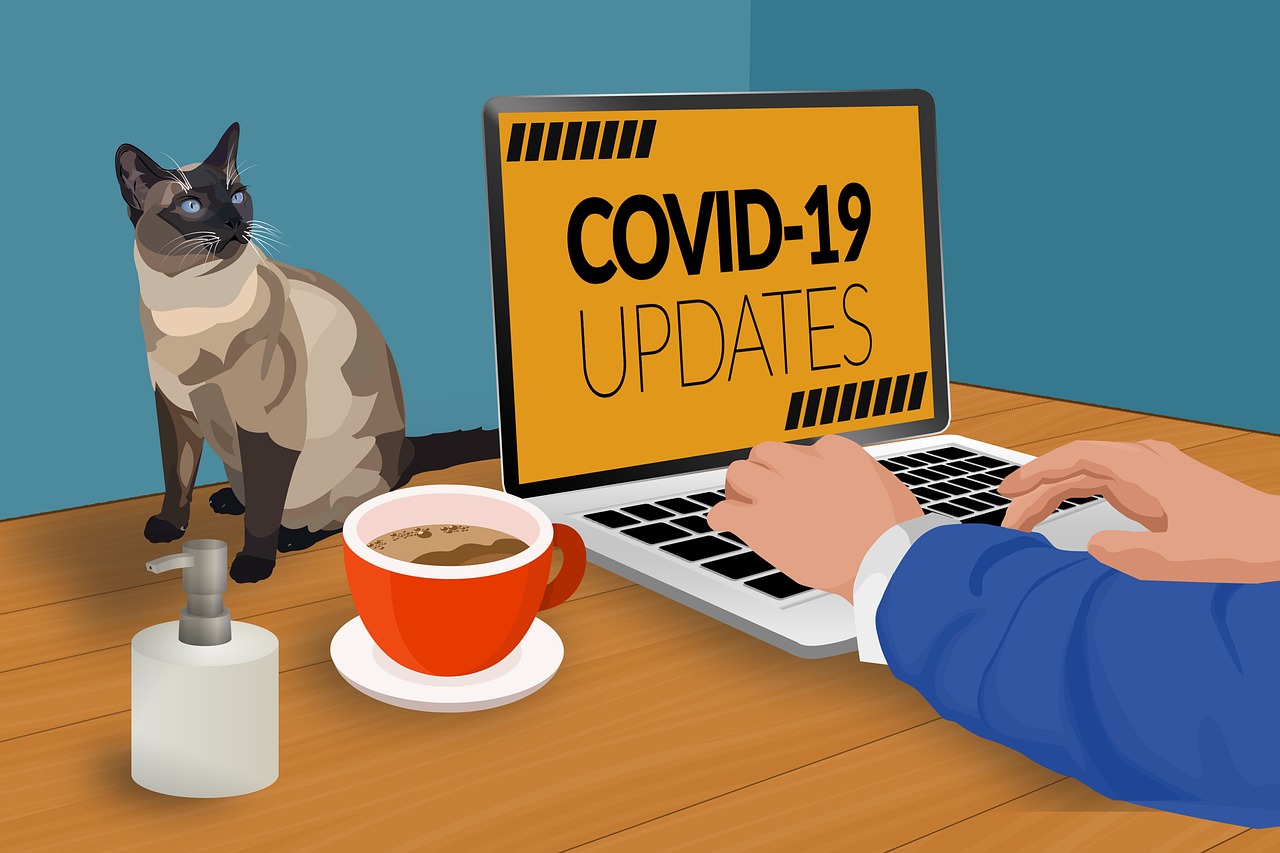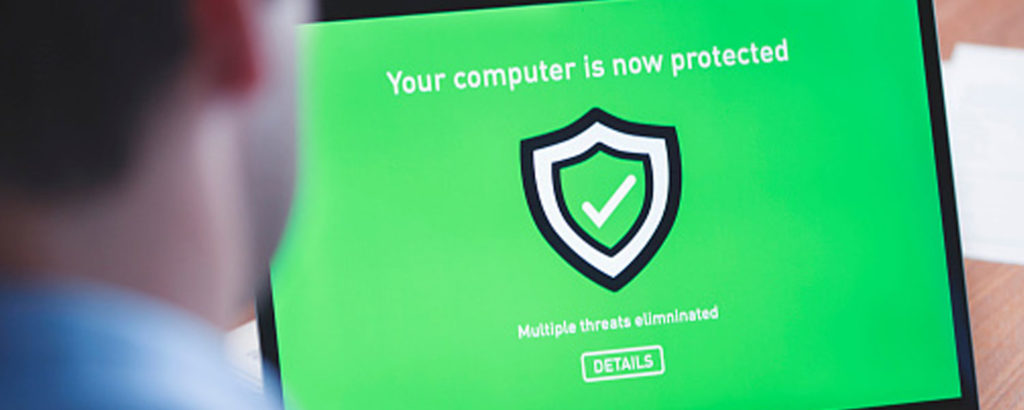The coronavirus (COVID-19) pandemic has turned the world upside down. Businesses have taken a huge hit because of the current worldwide lockdown and companies have been pushing through by enabling employees to work remotely from home. And even though giving employees remote access to the organization’s network is helping keep the business going during these unprecedented times, ensuring secure remote work is challenging. Remote work is not a new concept, obviously. Many organizations let some employees work remotely at least part of the time. However, having most if not the entire workforce work from home can be really difficult for an organization. With the pace at which this pandemic has been spreading, most organizations have had to make quick decisions on how to enable employees to work from home. Securing their access to the organization’s network is of the utmost importance. Company networks are constantly monitored and properly firewalled to prevent any unauthorized access. However, while working from home, remote employees need an added level of security to ensure that an organization’s data is protected at all costs. During this pandemic, there are so many employees accessing the network remotely which makes it harder to track down each device and monitor all its activities. This is where a VPN can make your remote work more secure.

VPN (virtual private network) acts as a bridge between an organization’s network and an employee’s device. Employees can securely access the cloud or physical servers of their respective organizations. This link is completely secured and the data sent and received over it is encrypted to protect it from cybercriminals and snoops. Usually, company laptops come with preinstalled VPN software. However, one can subscribe to a decent VPN service for around $10 per month.
Risks of using a bad VPN
There are numerous VPN options available in the market. However, choosing a bad VPN can be extremely dangerous. Most of what people know about VPNs is positive; they provide encryption, online privacy, and device security. However, a bad VPN can do the opposite. There are several free VPN options in the market, but let’s face it, nothing is really free. You can use them, but the connection speed might be limited and you will get ads. Now, this may not seem like a huge price to pay for a free VPN until you realize that some of these VPNs may be selling your personal and browsing data. Some VPNs outright admit to it in their user agreements saying they track users’ online activity to send targeted ads their way. Many of these ads are packed with malware.
Another issue with free VPNs is very slow speeds. This is one of the biggest issues with VPNs — if you use them while working from home it is bound to lead to limited productivity. Some free VPNs have been known to even sell some of your bandwidth to cybercriminals. Your bandwidth and processing power can then be used to perform criminal activities online.
 Choosing the right VPN
Choosing the right VPN
Choosing the right VPN for employees is extremely important for any organization. However, to do so, an organization must take all the factors into account and make a well-informed decision. There are a number of VPN software in the market that work extremely well and don’t compromise on speed and security.
VPNs come in all shapes and sizes. Some cater to consumers and some to organizations, and some do both. You’d ideally want to go with a VPN that has a proven track record of working with large organizations. There are various reviews available online — including here at TechGenix — for different VPN software that you can go through before you choose to invest in one. Premium VPNs or enterprise-grade VPNs are the only options when you need proper security.
An ideal VPN offers fast speed by relying on top-speed servers. Premium VPNs also offer stronger encryption and privacy policies. When comparing solutions, look for SLAs related to bandwidth, and even get confirmation from a sales rep at the company on the SLA.
Another important feature to look out for is a strict zero-logging policy. Some VPNs may log your activity and these logs can be used by attackers who are interested in your browsing data. As most of the workforce is working remotely, using a proper VPN to help prevent DDoS attacks is crucial. Attackers don’t even have to perform large-scale attacks to get in as our devices are more vulnerable when connected through public WiFI networks.
Finally, support is essential for a great experience with a VPN solution. You’ll want to read reviews about the support each vendor provides, and even notice how responsive they are to your questions and concerns during the sales process. When you need help, which will eventually happen, the last thing you want is your VPN vendor gone quiet. On the other hand, you need a vendor who will play an active role in helping you install the service remotely on all employee laptops, and driving adoption of the VPN service across the organization. A great VPN provider will act as a trustworthy partner.
Installing and using a VPN isn’t an absolute solution
Using a VPN is not the answer to all the security-related issues that plague remote access. Attackers can still break into your system in a number of ways. The number of cybercrimes is on a rise globally as most of the world’s workforce is working from home. Coronavirus-related phishing emails have become very common. One-click and your system could become a gateway into your organization’s network.
VPNs can’t prevent phishing or malware. When you use a VPN, you are encrypting your usage and the data on your system. Various VPN software claim to prevent malware, however, VPNs aren’t built to perform this task. Employees need to be extremely careful when browsing the internet through their work laptops. Today, most ransomware is disguised as COVID-19-related emails or websites.
Other than this, you need to update your VPN and anti-malware software constantly so that the latest patches are available to prevent your device from getting attacked. You should also avoid using your work devices to perform personal activities especially downloads.
Secure remote work is of paramount importance
Security is of paramount importance in a time when most of the global workforce is connecting from home. VPNs are crucial to keeping your organization’s data protected from attackers. However, choosing the right VPN for secure remote work is tricky and you should definitely weigh your options before you opt for one that might end up doing more harm than good. Free VPNs should be completely off the table.
Apart from this, employees should take measures to ensure that their data remains protected. Organizations should constantly remind their employees about the best practices while working from home. These practices include locking the laptops every time the employees step away from their device and ensuring their company’s sensitive data is not clearly in sight of people nearby.
Users can make their laptops undiscoverable to other devices on their network, which can be used by attackers to access your laptops. VPNs certainly are important, but users should keep in mind the fact that VPNs don’t provide absolute security and that users are still vulnerable to a number of attacks. These are unprecedented times and this global lockdown could last a while. This is our new reality for the foreseeable future. Remote work is the new norm and choosing the right VPN is more important than ever to make sure it’s secure.
Images: Pixabay




I feel like a lot of people underestimate the importance of having security apps when working from home during the quarantine. I use Surfshark VPN on my personal computer every day, and that’s only to protect my own data and photos. So, I’m pretty sure that having a VPN to protect your sensitive work info is pretty important. On the other hand, I do understand that not all companies can get a VPN to secure all their employees. Surfshark has unlimited device logins, so it would definitely fit to be used in a company, but if you want something completely free, I heard that Atlas VPN is a decent choice as well.
Hi, I have a funny question, How avoid IT eyes to see Netflix hehehe
Scenario:
* I have 2 computers in my house, one personal and other for work,
* Work PC is connected to VPN enterprise, and I connect to remote desktop to my personal PC which is NOT connected to VPN
* Can I see “Netflix” from remote desktop whiout IT catch me?
it works ? thanks in advance !
Best Regards